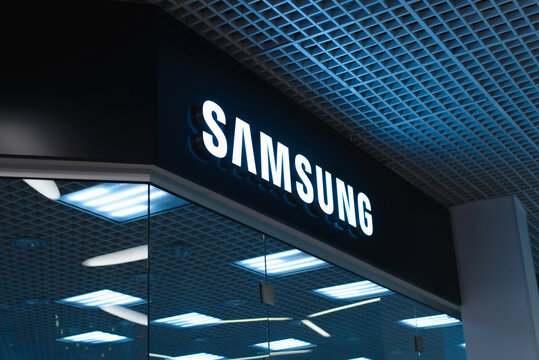The recent news that Samsung engineers accidentally leaked confidential company secrets to ChatGPT, the popular AI chatbot from OpenAI, sent shockwaves through the tech world. As an artificial intelligence expert, I wanted to provide some deeper analysis into this situation, the potential fallout for Samsung, and the broader implications for AI security.
Overview of the Samsung ChatGPT Leak Incidents
According to reports, on at least three separate occasions Samsung semiconductor engineers used ChatGPT to help debug coding issues. In doing so, they inadvertently uploaded confidential company information to the chatbot, including source code, internal meeting notes, and semiconductor testing data.
ChatGPT retains all user input to continue training its natural language algorithms. So this proprietary data from one of the world‘s leading chipmakers is now in OpenAI‘s hands.
Impacts to Samsung and the Semiconductor Industry
The leakage of semiconductor secrets like source code and testing data could compromise Samsung’s intellectual property and give competitors critical insights into their chip designs. This is hugely problematic in such a competitive, high-stakes industry where small design advances can have major implications.
If exploits were found in leaked source code or competitors replicated testing methodologies, it could erase years of Samsung R&D Advances. And give rivals the chance to close the gap in the race towards more advanced chips powering devices and infrastructure.
Beyond financial impacts, the trust of partners and customers in Samsung’s ability to protect sensitive data has also taken a hit. These types of breaches show semiconductor IP security remains a persistent challenge, despite measures taken by leading firms.
The Security Risks of Emerging AI Systems
While AI chatbots like ChatGPT demonstrate new heights of linguistic capability, this incident highlights their security risks which are still being understood.
As machine learning systems, chatbots intrinsically retain user data to improve performance. However, ensuring control and privacy for sensitive corporate data requires cautious implementation which was lacking here.
It also demonstrates the cybersecurity risks of web-based AI tools that transmit data externally to cloud servers. Once uploaded, retrieving leaked confidential data is nearly impossible.
Samsung’s Response and Future Precautions
Samsung appears to be taking this seriously – they’ve warned employees of ChatGPT’s risks, launched an internal investigation, and limited upload capacity to ChatGPT to prevent future issues.
Most notably, reports indicate Samsung SEMI is developing an internal AI assistant for employees. A controlled, private AI chatbot could provide coding assistance while keeping data in-house.
However, substantial precautions will be needed to validate data security, access controls, and content monitoring if they wish to avoid repeats of this incident.
Lessons for the Tech Sector
This high-profile leak highlights how even the biggest names in tech can be caught off guard by emerging software risks like public AI chatbots. It serves as an urgent reminder for all companies to re-evaluate cybersecurity in an AI-driven world.
Here are the top recommendations for preventing similar confidential data exposures:
- Carefully evaluate risks before deploying web-based AI tools
- Enforce access controls, data encryption
- Develop guidelines for data appropriate to input
- Increase employee training around emerging cyber risks
Following information security best practices – and not overlooking the basics – will continue paying dividends for cyber preparedness even as technologies like AI accelerate rapidly.
While this leak was undoubtedly embarrassing and financially damaging for Samsung, hopefully it also sparks positive industry-wide improvements in how we approach data security for AI systems moving forward.
